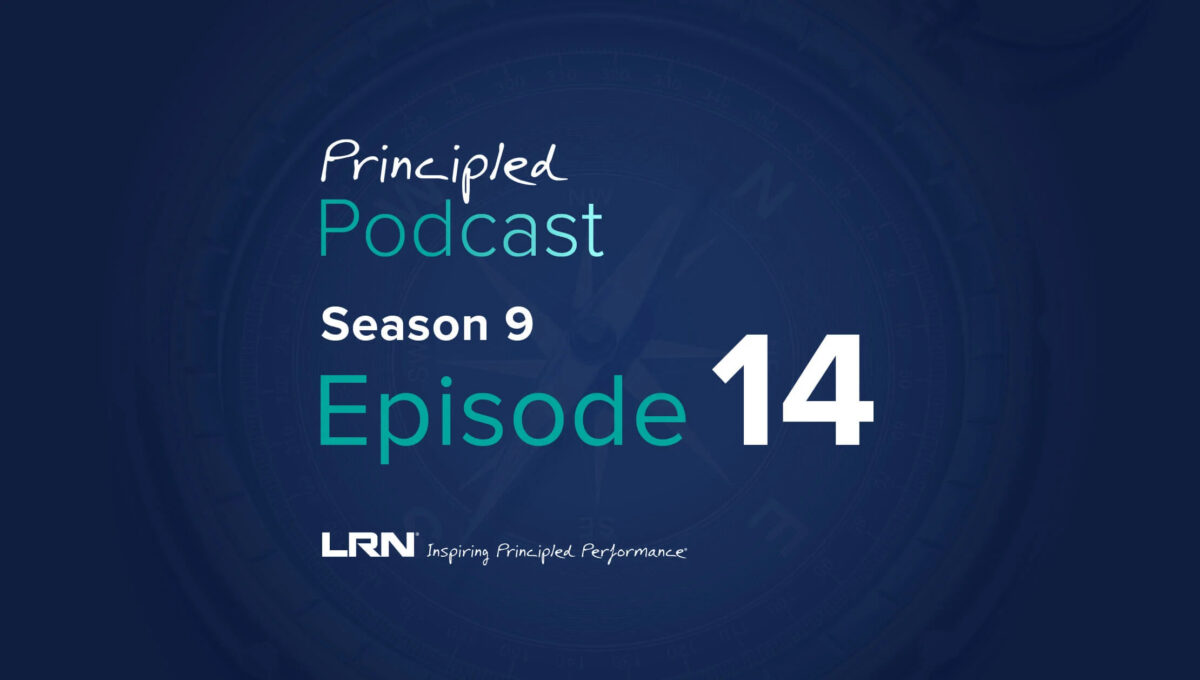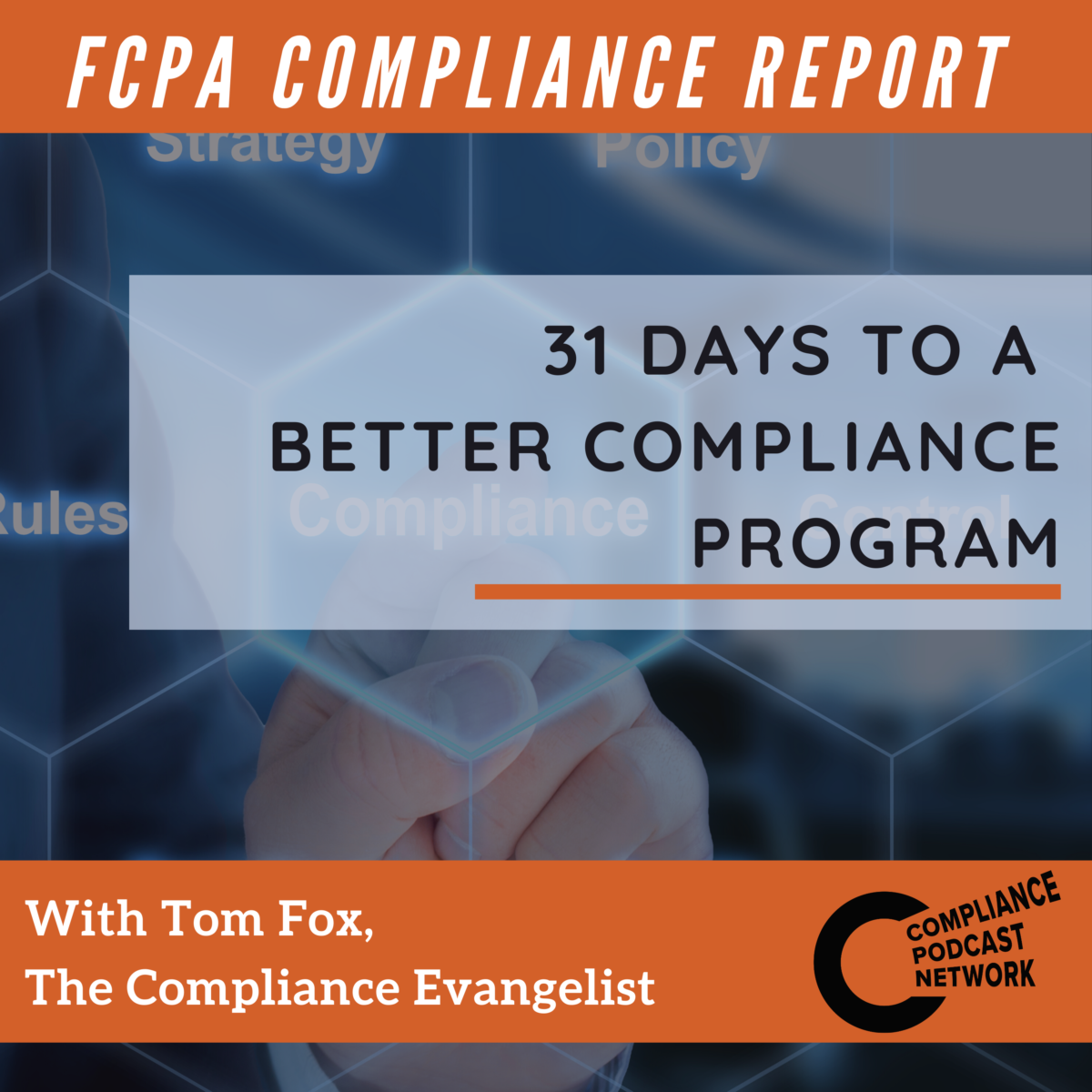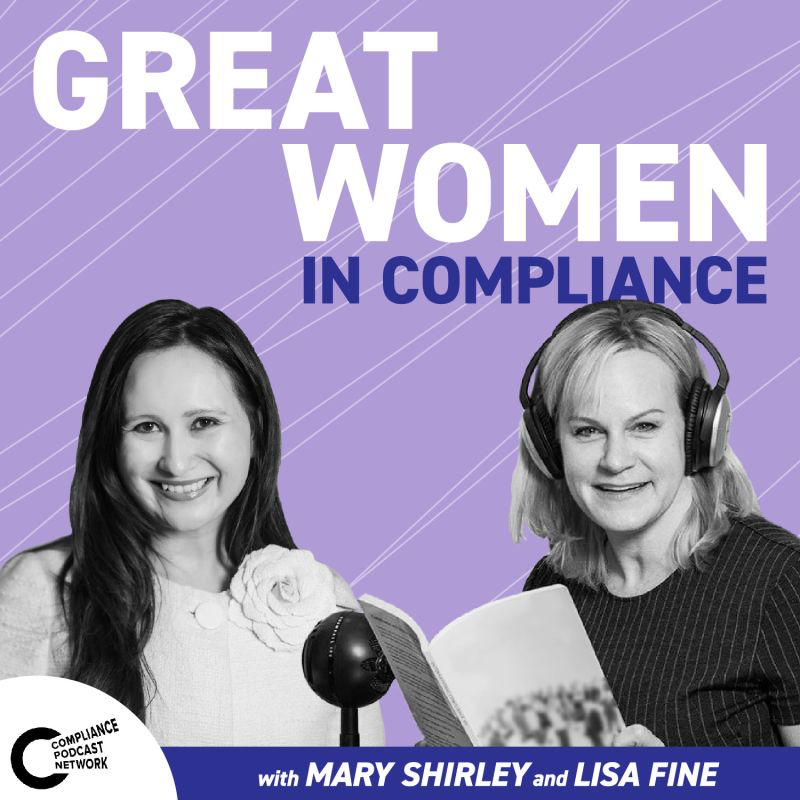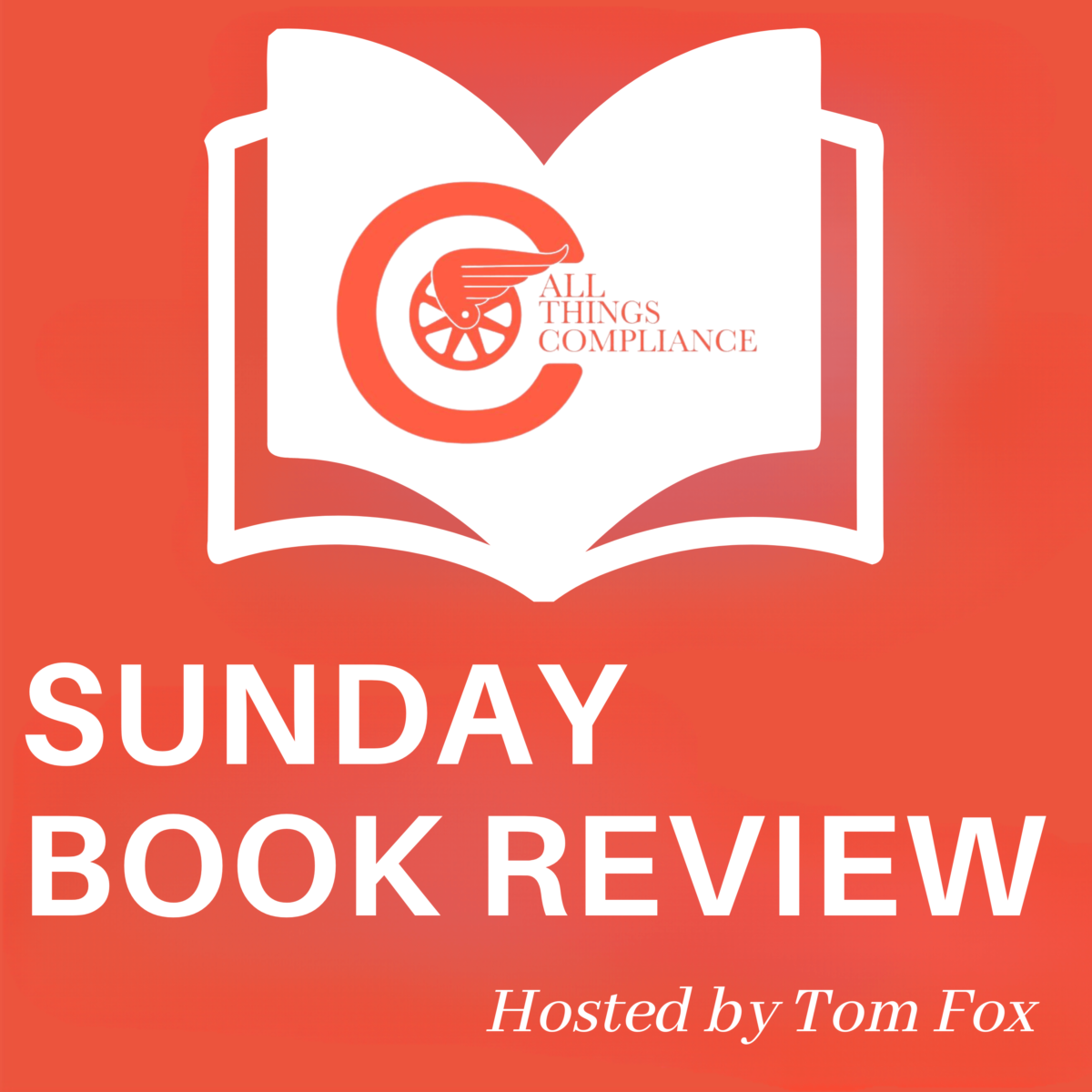In this episode of Trekking Through Compliance, we consider Charlie X, which aired on September 15, 1966, Star Date 1533.6.
The USS Enterprise meets the merchant vessel Antares to take charge of Charlie Evans, the sole survivor of a transport ship that crashed on Thasus. For fourteen years, 17-year-old Charlie grew up alone, stranded in the wreckage, learning to talk from the ship’s computer systems, which remained intact.
Despite his eagerness to please, Charlie becomes obnoxious since his lack of upbringing has left him with no knowledge of social norms or control of his emotions. He latches on to Captain Kirk as a father figure and develops an infatuation with Yeoman Janice Rand. He demonstrates extraordinary powers of telepathy and matter transmutation. When the Antares is nearly out of sensor range, it transmits a message to the Enterprise. The message is cut off before it can convey a warning. Scanners show the Antares has been reduced to debris.
Realizing Charlie’s powers are too great to be controlled, and Kirk opts to divert from Alpha V to at least keep Charlie away from a civilized world where he would wreak havoc. Charlie discovers Kirk’s plans and takes control of the Enterprise.
A Thasian ship approaches and restores the Enterprise and its crew to their proper forms. The Thasian commander says that his race gave Charlie his powers so he could survive in their world, but these powers (which they can’t remove from him) make him too dangerous to live among humans. Charlie begs Kirk not to let the aliens have him since the Thasians lack any physical form or capacity for love. However, the Thasians reject Kirk’s argument that Charlie belongs with his kind, with a final echoing wail of “I wanna stay!
Compliance Takeaways:
- Ask more of your front-line employee, and they will respond positively.
- Compliance is like a multi-dimensional chess match.
- As a compliance professional, who are you mentoring?
Resources:
Excruciatingly Detailed Plot Summary by Eric W. Weisstein for CharlieX
MissionLogPodcast.com-Charlie X












